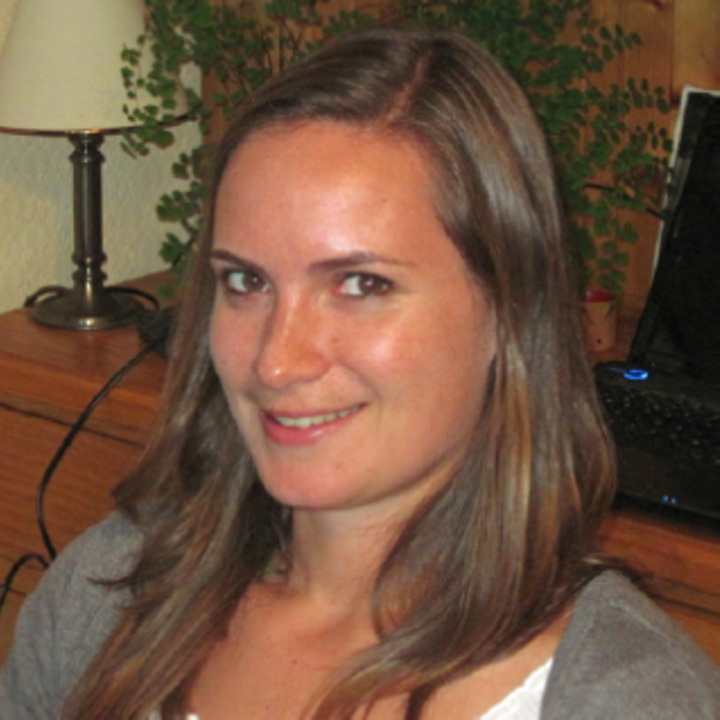
Clinical and Translational Research Theme Panel
The Clinical and Translational Research Theme Panel covers the broad areas of aging, cancer, cardiovascular system & vascular biology, diabetes & metabolic disorders, diagnostics & biomarkers, endocrinology, gastrointestinal, renal & hepatic systems, immunology & inflammation, molecular bases of health & disease, neuroscience, pharmacology & toxicology, respiratory system, therapeutics & molecular medicine and stem cells.
Get involved!
Clinical and Translational Research Theme Panel
5 members

Dr. Talat Nasim
Dr. Talat Nasim

Dr. Talat Nasim is an Associate Professor in Therapeutics at the School of Pharmacy and Medical Sciences, the University of Bradford, UK.
His research interests focus on the broader areas of Translational Medicine (from gene identification to drug discovery). He has identified a few key genes that cause disorders such as Pulmonary Hypertension and blood cancer and identified novel diagnostics and therapeutics. He is the inventor of several diagnostic and therapeutic patents.
His contributions to science include publications in scientific journals, articles to local and national daily newspapers and intellectual supports to scientific community around the world. He has published 70 articles including research papers in journals including Nature Genetics, Nature Protocols, Nature Communications, Nucleic Acids Research, Human Molecular Genetics. His research has been extensively highlighted in news media across the globe as evidenced in his interviews with CBA News (USA), Labmate (UK) and Daily Prothom-alo (Bangladesh). He writes regularly in newspapers including the Daily New Nation, the Daily New Age, daily Jugantor, Daily Prothom-alo, RatdinNews and Lalmonirhat Barta and edited books inaugurated by the Prime Minister of the Peoples Republic of Bangladesh.
Dr Nasim serves and as a Local Ambassador and as a Member on the Clinical and Translational Theme panel of the Biochemical Society and as an External Examiner and a Mentor of External examiners of University of Teesside. Earlier he served as an Adviser of the Commonwealth Scholarship Commission, United Kingdom, an Executive Member of the Global Network of Bangladeshi Biotechnologists (GNOBB), Bangladesh and an Executive Member of the Research and Knowledge Transfer Committee, Faculty of Life Sciences, University of Bradford. He has been a Member of Editorial Board of several international journals including BioChem, Journal of Bioscience and International Journal of Perception in Public.
He is the founder and Chief Adviser of the Centre for Health Agriculture and Socio-economic Advancements (CHASA), which was incepted in 2008 at Lalmonirhat, Bangladesh. Since its inception, CHASA has provided more than 200 scholarships to students at various levels from primary school to college.
Dr. Nasim received his Ph.D degree from the University of Manchester Institute of Science and Technology (UMIST), UK. In his student life, he received 18 scholarships from various countries including Bangladesh, Switzerland, USA and UK.
Dr. Nasim has been a co-recipient of the Best Scientist Award 2008 of Lalmonirhat Municipality (Bangladesh) and received nomination for the ‘Best Non-resident Bangladeshi Scientist-2019’ of Global Network of Bangladeshi Biotechnologists (GNOBB).

Taufiq Rahman
Taufiq Rahman

Taufiq is a University Associate Professor at the Department of Pharmacology, University of Cambridge and also a fellow in Pharmacology at the Murray Edwards College, Cambridge.
He did his B.Pharm and M.Pharm at the University of Dhaka, Bangladesh and then did an MSc in Molecular Pharmacology at the University of Manchester under the Commonwealth Scholarship Programne. His doctoral work (2005-2008, with Professor Colin Taylor) was on calcium signalling and biophysics of calcium channel at the Department of Pharmacology, University of Cambridge. After one and a half years of post-doctoral research in the laboratory of Professor Colin Taylor, he then obtained a prestigious Drapers' Company Research Fellowship at the Pembroke College, Cambridge to work as an independent research fellow at the same department from 2009-2012. In 2012, he received a Royal Society University Research Fellowship (URF) to start his own research group and then started a lectureship in the same department in 2016. In 2011, he was awarded an Early Career Research Award in Signal Transduction category from the Biochemical Society, and he served in the Signal Transduction theme panel from 2012-2015. He also served as an associate editor for Biochemical Society Transductions, and also served as a Local Ambassador for the Biochemical Society from 2015-2016.
His research interests include basic structure, function and regulatory aspects of ion channels and he is very passionate about rational drug design and development and specialises in computer aided drug discovery (CADD) approaches.

Ahmad Al Mrabeh
Ahmad Al Mrabeh

Dr Al-Mrabeh completed in 2010 his PhD training in molecular mechanisms of plant virus transmission by aphids at the James Hutton Institute, Dundee. Afterwards, he worked for 2 years at the Proteomics Mass Spectrometry Unit at Newcastle University. In 2013, he has started working on diabetes at Newcastle University and moved between different positions (PostDoc/Senior PostDoc) bringing major contributions to most diabetes remission studies at Newcastle including the Diabetes Remission Clinical Trial (DiRECT). He moved in Aug 2021 to Edinburgh as Transition Research Fellow to establish his own research group around the mechanisms of type 2 diabetes remission by weight loss. In 2022, he obtained MRC Carer Development Award (CDA) to investigate the mechanisms mediating reversible lipotoxicity of the pancreas in obesity-induced type 2 diabetes.
Dr Al-Mrabeh is interested in identification of the toxic lipids that cause pancreas dysfunction in type 2 diabetes with aim to develop novel therapies for diabetes remission. He leads a multidisciplinary research programme at Edinburgh involves a combination of clinical, preclinical (mouse), and ex-vivo studies.

Hannah Fox Dugdale
Hannah Fox Dugdale
Hannah completed a PhD at Liverpool John Moores University where she investigated the effectiveness of the polyphenol resveratrol in preventing muscle atrophy within an in vitro model of caloric restriction. On completion of her PhD in 2017, Hannah undertook a post-doctoral position at the University of Oxford. This work was in collaboration with Summit therapeutics with the aim to elucidate novel regulatory pathways understanding the mechanistic action of potential drug candidates designed to modulate utrophin in the hopes of mitigating the pathology in Duchenne muscular dystrophy. Hannah then moved to Kings College London in 2019 where she worked with Dr Julien Ochala utilising single muscle fibre techniques to examine physiological dysfunction and associated causes of congenital myopathies. Hannah took up a role as Lecturer in the area of molecular and cellular physiology in the School of Sport, Exercise and Health Sciences in 2022, where she focuses on skeletal muscle regenerative rehabilitation.
Keywords: Skeletal muscle, muscle disease, regenerative rehabilitation

Heather Weir
Heather is a Senior Research Associate in biology at Astex Pharmaceuticals, currently working on drug discovery projects for CNS diseases. Prior to that, she completed a PhD in biochemistry at the University of Bristol, followed by a postdoc focused on mitochondrial dynamics and aging at Harvard School of Public Health.


